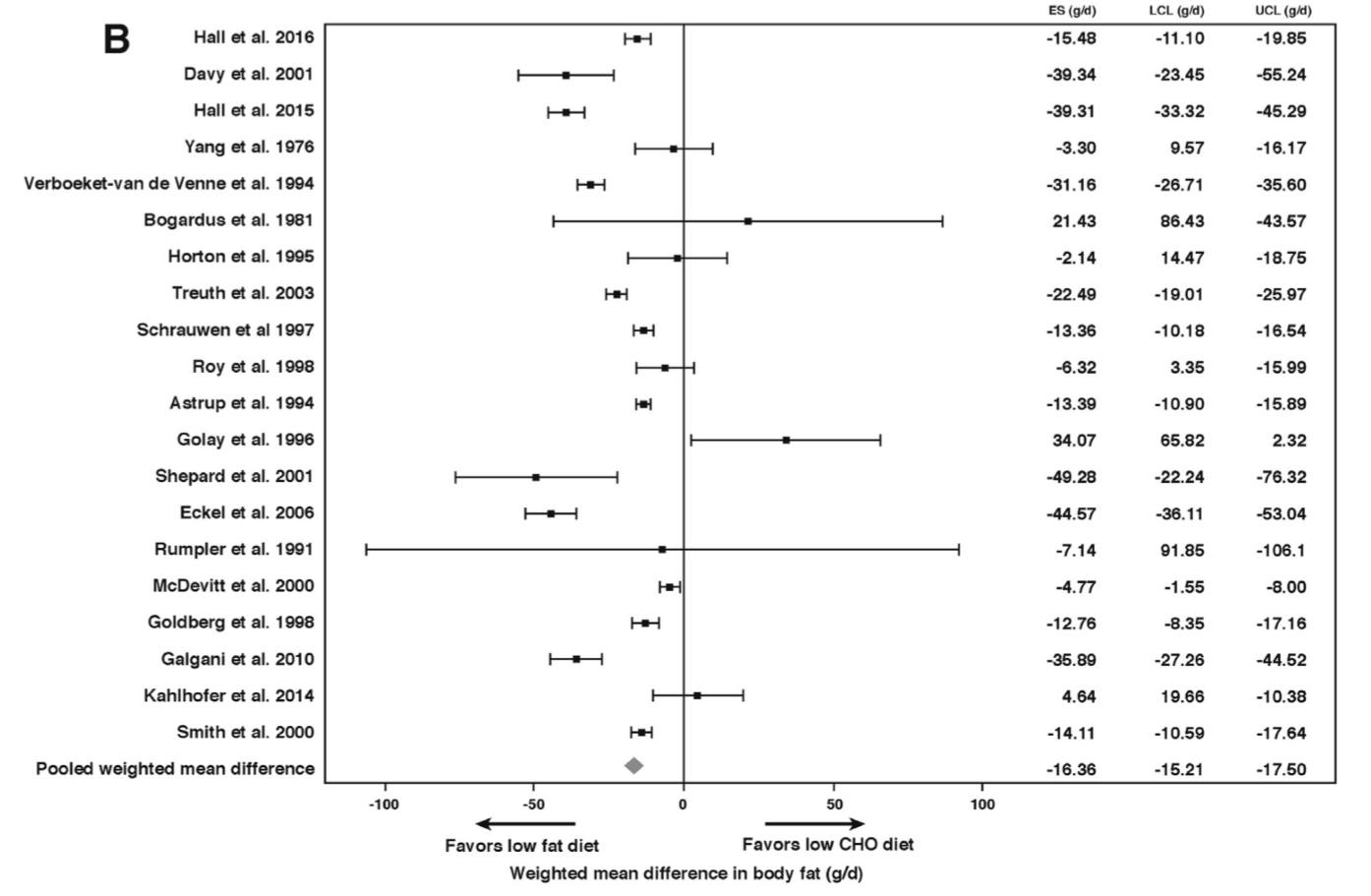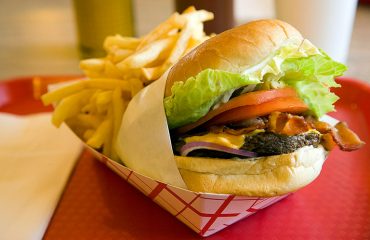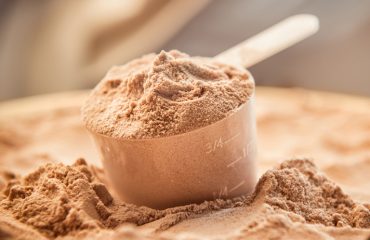Do carbs make us fat?

The most common advice you will get to reduce the body weight popularly referred to as weight loss is that there is not too much philosophy, do not eat sweet and carbohydrates, less juices, remove junk food and that is it.
Should we really eliminate carbohydrates?
What if we tell you that you do not need to throw away bread, pasta, or potatoes in order to lose weight? These foods are not responsible for weight gain! Some will not like this, others will be confused, and we will always be educating you people in order to get the real picture in front of you.
How to lose weight?
The formula is actually quite simple, and is called energy balance. In our muscles, internal organs and fat tissue is where the energy is stored. We bring energy in trough food and spend it on the function of organs that maintain body functions, physical activity, and digesting the food we eat.
If we put in more energy than we spend – energy supplies grow. If we put less energy than we spend – energy supplies reduce. The energy measurement unit in a diet is calorie. In fact, kcal is an acronym for “kilocalories”, but colloquially we use “calories”.
From the point of view of energy balance, it is only as important as calories are consumed and spent – remember energy balance before a couple of sentences. Does this mean “calories are calories”, or is it not important from where calories come from, just to eat less than what we spend?
A calorie is not a calorie
Now we’re back from the energy level to the body composition level. We do not care just how much energy we have stored – most want to have more muscle and less fat. It is functional and aesthetically pleasing and therefore we strive for it. We explained how to manipulate energy supplies, and how to target the amount of fat and muscle tissue?
Here we come to the fact that it is important do calories come from protein, fat or carbohydrates. When the caloric intake is the same, increased protein intake is clearly and firmly associated with a better ratio of muscle mass and fat tissue. This effect is further supported by weight training There is no doubt about that.
It is important to enter a sufficient amount of protein.
Greater protein intake is desirable and recommended. For fatty tissue reduction, the latest recommendation is 2.3-3.1 grams of protein per kilogram of lean body mass (the body mass you get when you subtract the percentage of fat from the body mass).
What about carbs and fat?
Now we come to two nutrients around which dust is rising. A so-called “carbohydrate-insulin” model of obesity has been suggested, saying that carbohydrate-rich foods stimulate insulin secretion – that’s right. One of the functions of insulin is to “absorb” energy from food into cells and to prevent the release of fatty acids from fatty tissue – that is the same. And then by that logic … less carbohydrates = less insulin = greater fat loss – this is NOT true!
Fatty acids can be stored without insulin and lipolysis (use of energy fat) can be inhibited without the presence of insulin. There are other hormones that play here (HSL, ASP) but we will not go into that detail anymore. The latest meta-analysis shows that in case the energy and protein intake is equal – the ratio of fat and carbohydrates does not play a role from the point of view of the body composition. You can see graphical display images from the study below.

There is no sensible and applicable difference in the loss of fat tissue between low carb and high-carb diet when protein and energy intake are controlled.
Low carb diet provides a longer feeling of satiety but has absolutely no metabolic advantage.
International society of sports nutrition position stand: diets and body composition
International Society of Sports Nutrition is 14.06.2017. published their official recommendations based on the latest scientific knowledge. In short lines it is about the following:
1. Energy balance is the most important item. Fat loss requires a calorie deficit.
2. When the primary goal is gaining muscle mass, calorie surplus is recommended. Especially if it is not about absolute beginners.
3. Various carbohydrate and fat ratios are equally effective from the point of view of the body recomposition and are well suited to individual preferences.
4. The protein intake should be drastically increased in relation to the health care guidelines. For fatty tissue reduction, the recommendation is 2.3-3.1 grams of protein per kilogram of lean body mass
5. Calorie restriction (intermittent fasting, alternating post, “I do not eat after 18h”, etc.) is no more effective than an equal distribution of food intake during the day. Remember: energy balance.
6. Weight Training contributes to the maintenance (or even increase) of muscle mass during a calorie restriction.
Do we need to cut down carbs?
Now that we have know some things, we are returning to the initial question – should we cut the carbohydrates to lose weight?
The answer is we do not need it. We can lose weight with bread, pasta, potatoes, whatever carbohydrate we choose, as long as we are within the calorie limit and we meet the amount of protein.
Of course, carbohydrates are tasty. It will be hard to keep anyone on just one piece of bread, especially if there is no one who watch his progress through a diet plan or does not have to submit “reports” about progress to someone (friend or a trainer).
But I lost some weight when I cut down carbs!
Of course it went off when carbohydrates rubbed the water and these foods were foods with lots of calories. The weight you’ve lost in the beginning is mostly water because you have dropped the carbohydrates and made a calorie cut.
This will work even if you release carbohydrates, but it will work even if you put in carbohydrates. It is not the point of the article to say that one or the other way of eating does not work, but it has been proven that carbohydrates are not crucial to weight loss.
The point of the article is that you do not need to cut down carbohydrates to lose weight but by balancing your intake of calories and proteins whatever you want and whatever your meal will suit you, and whether you want to bring more carbohydrates, more fat or both in the same proportions, there will be no bigger differences in the end result.
Energy balance is the key!
Sources
Donat Rupčić from Powerbuilding.hr
https://jissn.biomedcentral.com/articles/10.1186/s12970-017-0174-y
This post is also available in: Croatian



